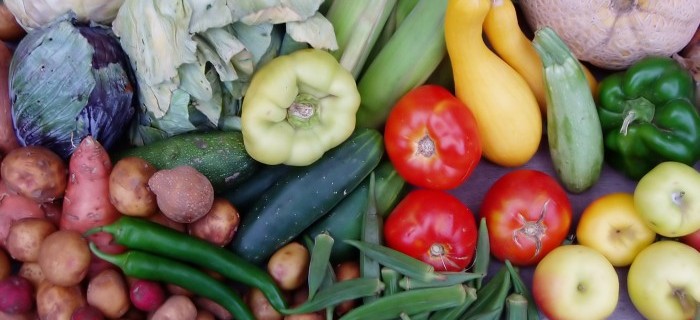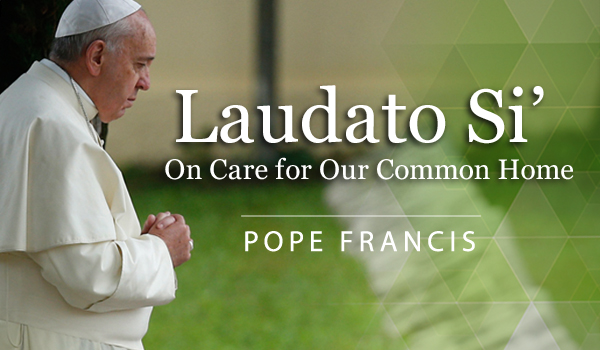The Circular Economy in the Recovery

June 3rd, 2020
We were all caught off guard by the Covid-19 pandemic, and the plastics industry was no different. The industry had invested in a large number of plants and planned to increase supply this year, so the current dramatic drop in demand for oil and plastics has come as a shock.
It’s no surprise then that the industry has been lobbying hard to have the Green Deal in Europe delayed or cancelled, while in the US and UK lobbying efforts have intensified to prevent or revoke plastic bag bans.
In the public sphere, the plastics industry has been working hard to equate single-use plastic and plastic packaging with sanitation and safety, even though studies have shown that Covid-19 survives longer on plastic and stainless steel (three days) than on paper/cardboard (one day).
VOICE and many other environmental NGOs have been working hard to fight back. Along with the Community Reuse Network Ireland, VOICE wrote to Minister for Climate Action Richard Bruton calling on him to stay strong against the plastics industry and its unproven claims, and continue to support an ambitious circular economy policy and initiatives to prioritise waste reduction in our economic recovery.
The European Environmental Bureau has called for the Green Deal to go ahead as the way forward for Europe’s economic recovery, and European Commission president Ursula von der Leyen has indicated her support for this approach.
We have a plan in place now on how to get our society going again, and also an opportunity to shape that society, by facing up to serious challenges. Over the last three years in Ireland, we have made great progress in embracing climate awareness and the circular economy. Most of us have experienced that economy through the re-usable coffee cup and water bottle, encouraging us to reuse what we have rather than use once and throw away.
There is no “away”.
The idea of single use relies on us not paying attention to where materials comes from or where they’re going to, but that’s not an option anymore. In the Climate Action Plan, Ireland has committed to reduce the impacts of single-use plastics, reduce our waste to landfill to 10% by 2030 and reduce our food waste by 50% over the next 10 years. At present, we landfill almost 26% of our waste, 32% is incinerated for energy recovery and 41% is recycled or composted.
Numerous reports and research support the idea that a recovery based on environmental principles is better not only for the environment but also for the economy as a whole, rather than a recovery based on “business as usual” or the carbon-intensive recovery packages rolled out after the last economic crisis ten years ago.
Already, we have seen many great initiatives during the Covid-19 lockdown. The boom in local veg boxes — some have reported up to a quadrupling in orders — not only supports local businesses and farmers, it also shortens the food supply chain, thus reducing carbon footprint/miles and creates less food waste as subscribers normally use what they receive. Cafés and restaurants have adopted new and innovative ways to serve customers while keeping to the rules, facilitating delivery or “click and collect”.
The world quickly shut down to stem the impact of the pandemic and there is no reason to believe that civilisation cannot act similarly to address the long-term crisis facing our fragile planet: runaway climate change and biodiversity loss. That’s why we must embrace the circular economy, which can be one of the best tools to restart our society and pivot to a new, more sustainable consumption model, while reducing methane and carbon emissions and the depletion of our valuable resources.
Author: Tad Kirakowski, VOICE Communications Officer
About VOICE of Irish Concern for the Environment
VOICE is a member-based Irish environmental charity that empowers individuals and local communities to take positive action to conserve our natural resources. VOICE advocates for the government and the corporate sector to adopt environmentally responsible behaviours, and for the development of strong national policies on waste and water issues. VOICE was founded in 1997 following the closure of Greenpeace Ireland. www.voiceireland.org







